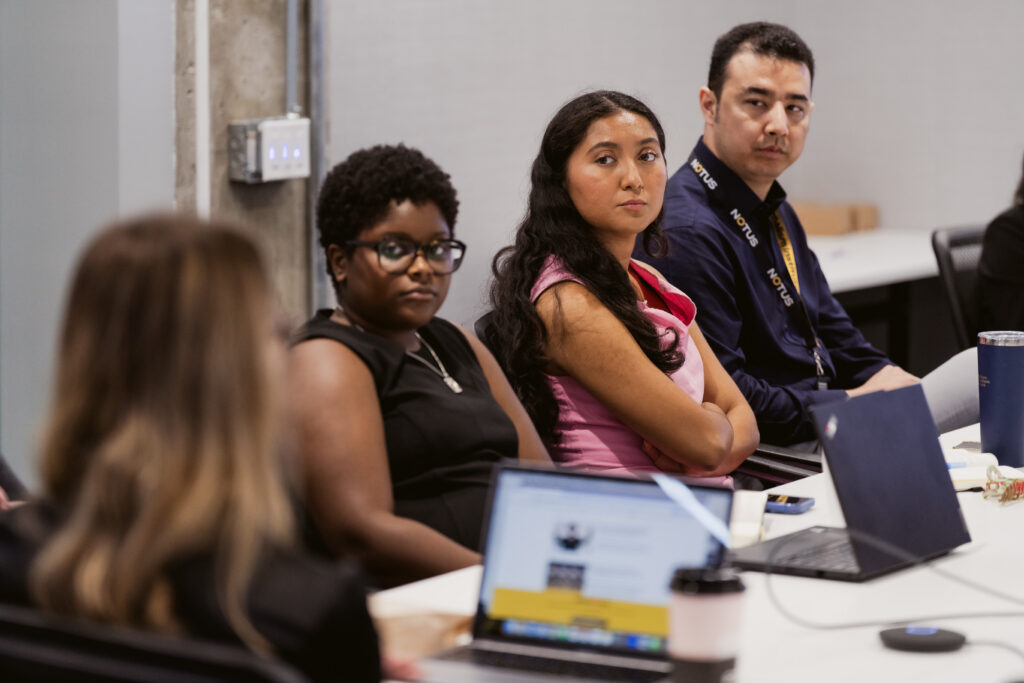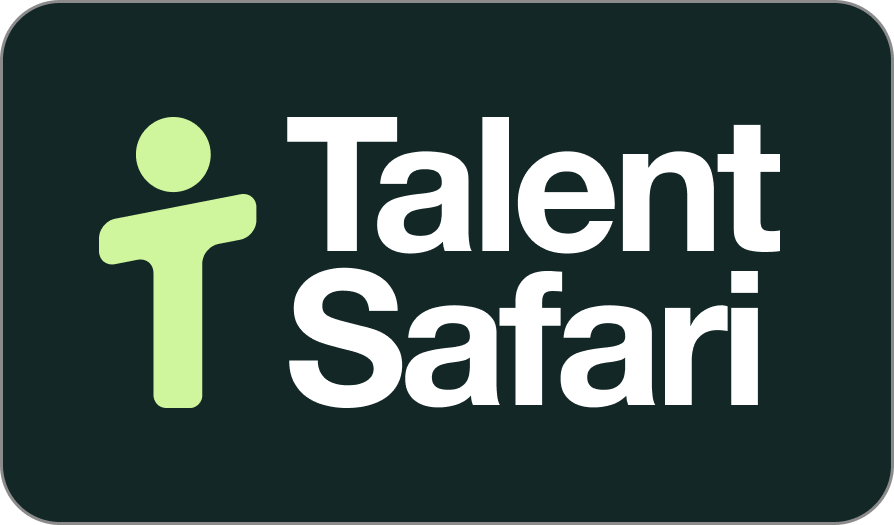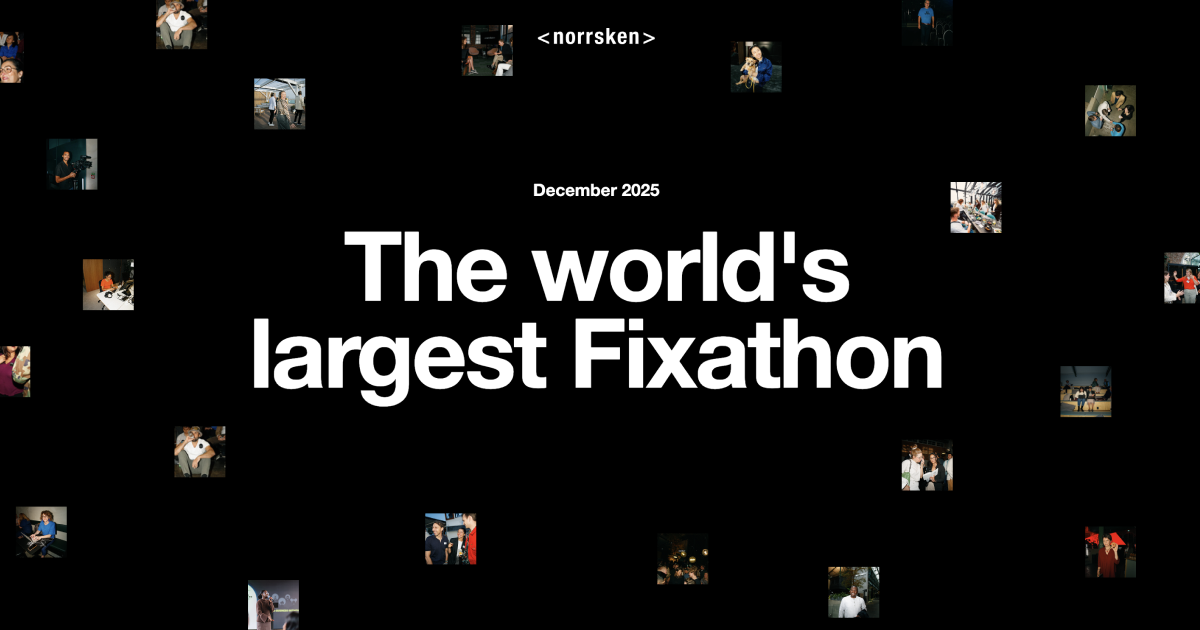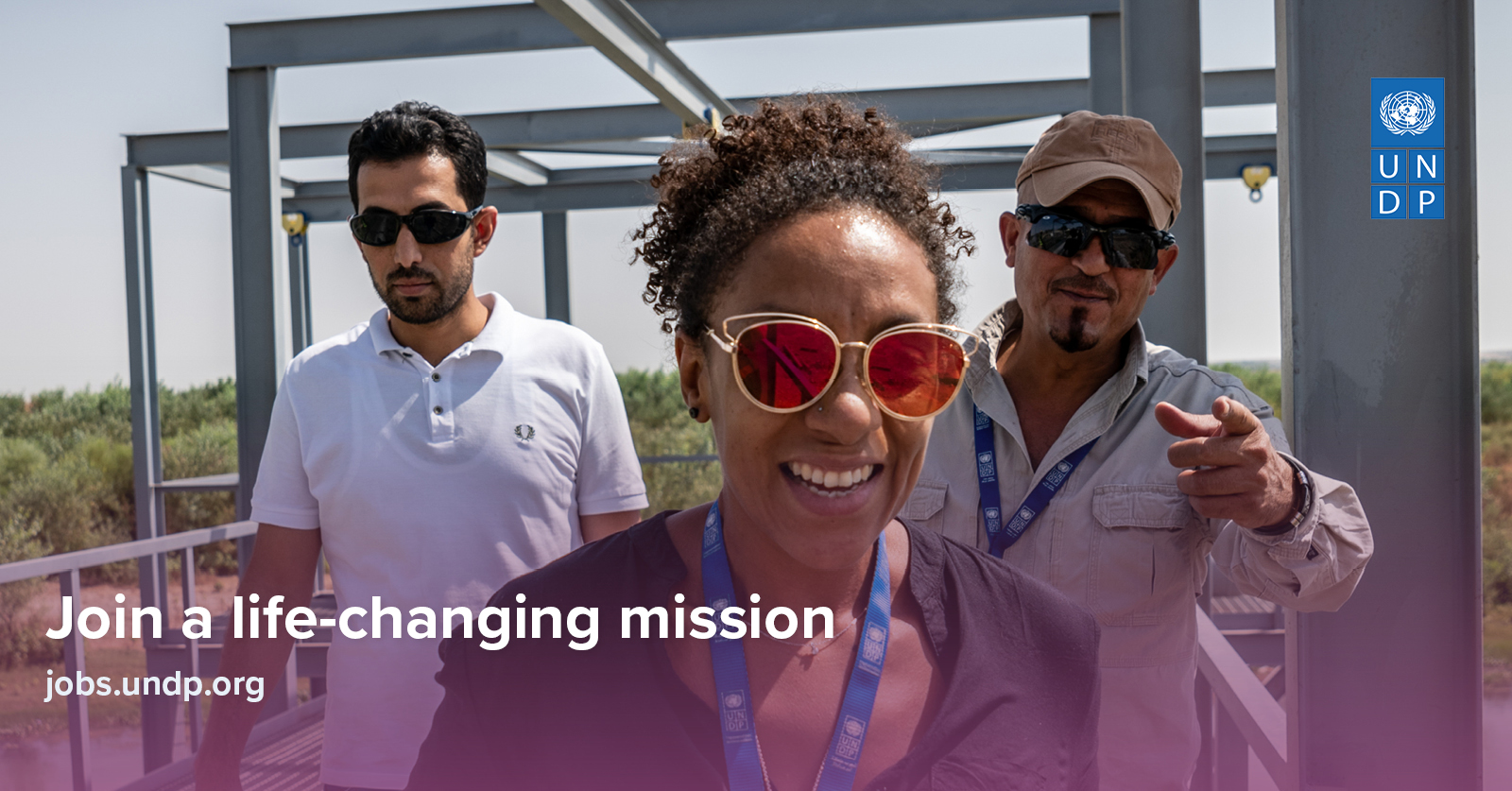Startups who switch to Intercom can save up to $12,000/year
Startups who read beehiiv can receive a 90% discount on Intercom's AI-first customer service platform, plus Fin—the #1 AI agent for customer service—free for a full year.
That's like having a full-time human support agent at no cost.
What’s included?
6 Advanced Seats
Fin Copilot for free
300 Fin Resolutions per month
Who’s eligible?
Intercom’s program is for high-growth, high-potential companies that are:
Up to series A (including A)
Currently not an Intercom customer
Up to 15 employees
Looking for the best newsletter platform?
We switched to Beehiiv last year.
Creating our newsletters is now a joy.
They also added an amazing array of new features last week see the video
🌱 Explode Your Growth
Our subscriber count is soaring.
Beehiiv's referral tools work wonders.
💰 Easy Monetization
Start earning with Beehiiv.
We now make over $300 a month from ads and subscriptions.
Our revenue is growing fast.
✍️ Creating is Fun Again
The process is effortless.
The design is clean and intuitive.
The AI tools are a huge help.
📊 World-Class Analytics
Track your growth.
Measure what matters.
Make smart, data-driven decisions.
🌐 Build a Beautiful Website
They have a great new website builder.
It's simple and looks amazing.
👉 Sign up with our affiliate link. Get a 1-month free trial. Plus, get 20% off for three months.
Beehiiv also has a free plan for up to 2,500 subscribers.
AI for Impact Opportunities
Benchmark Your Voice AI
Deepgram surveyed 400 senior leaders on voice AI to map adoption, budgets, and use cases. Compare your voice AI roadmap to $100M+ enterprises and learn where to invest next - human-like agents for customer service, task automation, and order capture - plus benchmarks to guide your 2026 plan.
They told me AI would revolutionize my career. Turns out "revolutionize" was just a fancy word for "make obsolete" with better PR.
Let's talk about AI and social impact work—not the version sold at conferences where everyone's excited about "augmentation" and "efficiency," but the messy reality unfolding right now.
AI is reshaping social impact jobs faster than most organizations can process. Which version you experience depends largely on whether you're making decisions about AI adoption or living with the consequences.
The Promises vs. The Reality
What we're told:
AI will free humans for creativity and strategy
Organizations will accomplish more with the same resources
New roles will emerge for AI-savvy professionals
Technology will democratize access
What's actually happening:
37% of business leaders report AI already replaced workers in 2023
44% expect AI-driven layoffs in the near future
Organizations use efficiency gains to cut staff, not serve more people
"AI-augmented" roles mean one person doing the work of three for marginally better pay
"Democratization" mostly benefits organizations that already have resources
How AI Is Transforming Specific Roles
Grant Writers: Tools like OpenGrants, Grantable, and Instrumentl can draft proposals in hours instead of days.
The catch: What once required a team of three now requires one "AI-augmented strategist." The remaining roles pay better but there are far fewer of them. The two people who lost their jobs? They're competing with thousands racing to the bottom on consulting rates.
Content Creators: AI writing tools like ChatGPT, Claude, and Jasper generate content in minutes. Writing jobs on Upwork dropped 33% between 2022 and 2024.
The catch: Organizations expect one person to produce what previously required a team. Audiences are drowning in AI slop and craving authentic voices—but most organizations would rather pay for cheap efficiency than quality storytelling.
Community Organizers: AI tools analyze data and optimize outreach.
The catch: Who owns the community data AI analyzes? Who benefits? Organizations working with vulnerable populations face heightened risks of reinforcing stereotypes or enabling surveillance disguised as service.
The catch: One overworked manager now juggles tasks that previously required administrative support, data analysts, and coordinators. You're not augmented; you're doing three jobs for the price of one.
Fundraisers: AI analyzes donor data, predicts patterns, and personalizes communications.
The catch: When AI can draft personalized appeals, organizations question why they need teams. Relationship-building gets devalued because algorithms don't understand that real fundraising happens over coffee, not in optimized subject lines.
Social Workers: AI assists with risk assessment, case management, and documentation.
The catch: Who's liable when AI misdiagnoses risk? What happens when algorithmic decisions about resource allocation embed existing biases? Vulnerable populations deserve human judgment, not automated systems optimized for cost-cutting.
The AI Skills Trap
Workers are told to "upskill" to remain relevant. 63% of employers cite skills gaps as barriers.
What this actually means:
For workers: Constant pressure to learn new tools on your own time and dime while job security erodes. You're expected to make yourself useful to systems designed to replace you.
For employers: A convenient excuse not to train people. Why invest in workforce development when you can demand people arrive "AI-ready"?
For the system: Risk and cost transfer from organizations to individual workers. You're responsible for staying employable while organizations capture efficiency gains without sharing them.
120 million workers globally won't get the reskilling they need by 2030. When you're working two gigs to make rent, when are you supposed to take that course on prompt engineering?
The Global Divide Widens
Only 4% of nonprofit leaders feel confident in their ability to leverage AI responsibly, with 45% uncertain if their tools can support it. Well-funded organizations experiment with AI while under-resourced ones fall further behind.
The data colonialism problem: Organizations in the Global South provide data from vulnerable communities while tech companies in the North extract value and profits. It's colonialism with cloud computing.
What Jobs Actually Emerge?
AI Ethics Specialists: Maybe a few hundred positions exist globally—most requiring PhDs. For every one person hired as an ethics specialist, dozens lose jobs to the systems they're supposed to make ethical. Often these roles are performative "ethics washing."
Prompt Engineers: Salaries range from $110,000 to $250,000 but cluster in tech organizations with specific requirements. The role might not even be long-term—AI systems are getting better at understanding natural language.
AI-Augmented Strategists: This is what organizations call the one person they keep after eliminating their team. It's not a new role—it's a surviving role with massively expanded responsibilities.
Key Resources to Explore
AI Tools for Grant Writing:
OpenGrants - AI-powered grant writing and funding database
Grantable - Smart content libraries from past proposals
Instrumentl - Grant matching and lifecycle management
General AI Writing Tools:
Productivity and Collaboration:
Nonprofit Tech Resources:
NTEN - Nonprofit Technology Network
TechSoup - Technology assistance for nonprofits
Microsoft for Nonprofits - Discounted tools and resources
Learning Resources:
Coursera - AI and technology courses
Google AI Essentials - Free AI training
LinkedIn Learning - Professional development courses
Career and Community:
PCDN Global - Social impact career platform and community
Idealist - Nonprofit and social impact jobs
80,000 Hours - Career guidance for impact
So What Do You Do?
Learn the tools—critically. Use AI not because it'll save your career, but because ignorance makes you more vulnerable. Learn with eyes open about who benefits.
Develop skills AI struggles with. Cultural intelligence, ethical judgment, authentic relationship building, strategic thinking that accounts for complex human dynamics.
Build collective power. Individual adaptation only works if you're lucky. Consider unions, professional associations, mutual aid networks—collective responses to structural shifts.
Demand transparency. When your organization adopts AI, ask: Who loses their job? How are efficiency gains used? What happens to community data? Who profits?
Resist the narrative. When executives talk about AI "empowering" workers right before layoffs, call it what it is. When "efficiency" means cutting staff rather than serving more people, say so.
Recognize this is political. AI adoption isn't inevitable or neutral—it's driven by decisions about who matters, whose work is valued, and how we organize society. Those require collective action, not just individual adaptation.
The Bottom Line
AI is transforming social impact work by eliminating more positions than it creates, concentrating power, widening inequalities, and restructuring remaining jobs to demand more for less while calling it "augmentation."
The need for social impact work isn't diminishing—crises are accelerating. But AI gives organizations tools to address them with fewer people, lower costs, and less commitment to workers.
Whether that's liberation or exploitation depends on who controls the technology, who benefits from efficiency gains, and whether workers can build collective power to demand AI serves human flourishing rather than just cutting labor costs.
The future's being decided right now. It's not inevitable—it's a choice about whose interests matter. Choose your side carefully, organize strategically, and don't believe anyone who tells you disruption is automatically progress.
Want to explore more on the future of social impact careers? Check out PCDN Global for jobs, resources, and community discussions on building careers of impact in the age of AI.
News & Resources
Joke of the Day
How many data scientists does it take to change a lightbulb?
None—they just train a model on 10,000 lightbulb changes and hope it generalizes!
📰 News
AI Is Supercharging the War on Libraries, Education, and Expertise
Librarians report being inundated with AI software pitches while catalogs fill with AI slop books, as education censors and AI maximalists converge on a shared vision where human expertise is "denigrated and removed from the equation," replacing librarians and teachers with algorithms that obscure sources and create "an agreement machine, which is anathema to learning and critical thinking."
'Godfather of AI' Yoshua Bengio Hits One Million Citations, Warns of Existential Risk
Machine-learning pioneer Yoshua Bengio became the first person to reach one million citations, but tells Nature that "malicious use is already happening" and AI's potential threat to humanity "keeps me awake at night," as he pushes for stronger safety measures before more powerful systems are deployed.
Google's AI Is Destroying the Internet Traffic Model That Sustains Publishers
New Pew Research data reveals only 1% of Google searches with AI Overviews result in users clicking through to source websites, threatening to "end the flow of all that traffic almost completely and destroy the business of countless blogs and news sites" while feeding users faulty AI summaries presented with unwarranted confidence.
The AI Data Center Boom Is Warping the US Economy
Microsoft, Alphabet, Meta, and Amazon are investing tens of billions in data centers, with their collective 2025 spending expected to exceed $300 billion, dramatically reshaping regional economies, straining power grids, and potentially adding 24-44 million metric tons of CO2 emissions annually by 2030.
'Tiny' AI Model Outperforms Massive Language Models at Logic Tests
Researchers developed a compact AI system that beats large language models at logical reasoning tasks, offering a potentially cheap method to boost capabilities of other AI models without the massive computational costs and energy consumption of training giant systems.
💼 Jobs, Jobs, Jobs
Work on Climate - Global community and job board connecting 90,000+ professionals working on climate solutions, featuring opportunities at climate tech startups, clean energy companies, and sustainability-focused organizations across engineering, policy, finance, and operations roles.
👤 LinkedIn Profile to Follow
Mara Bolis - Senior Advisor on Inequality and Social Justice, Harvard Kennedy School
Former Oxfam International inequality expert who co-authored Stanford Social Innovation Review's "AI Gender Gap Paradox," revealing women are 20% less likely to use generative AI than men, while advocating that women must engage with AI development to ensure it addresses rather than amplifies existing inequalities.
🎧 Today's Podcast Pick
Eye on AI - "Navigating AI's Global Competition"
Hosted by former New York Times journalist Craig S. Smith, this podcast features deep conversations with AI leaders from OpenAI, Anthropic, and Google DeepMind, exploring how foundational models, scaling laws, and geopolitics shape the global AI landscape and what it means for innovation and policy.











.jpg)






